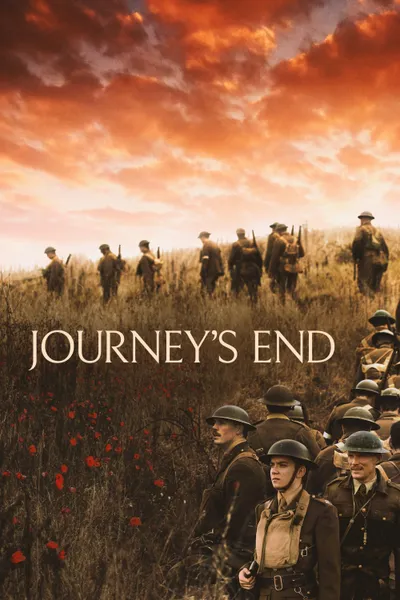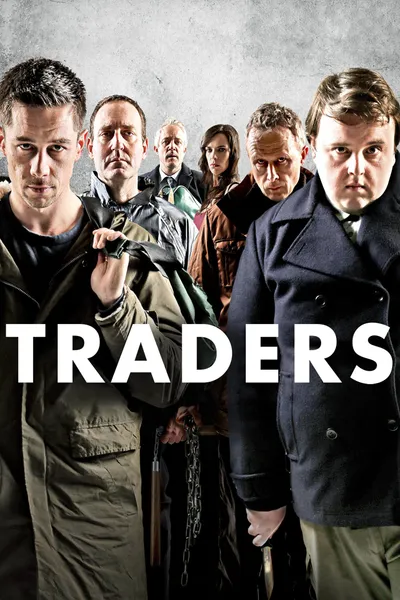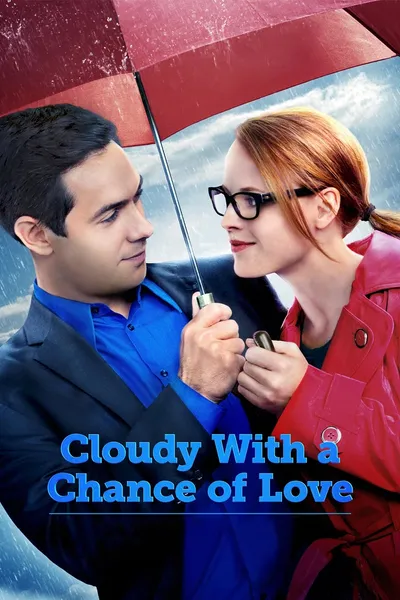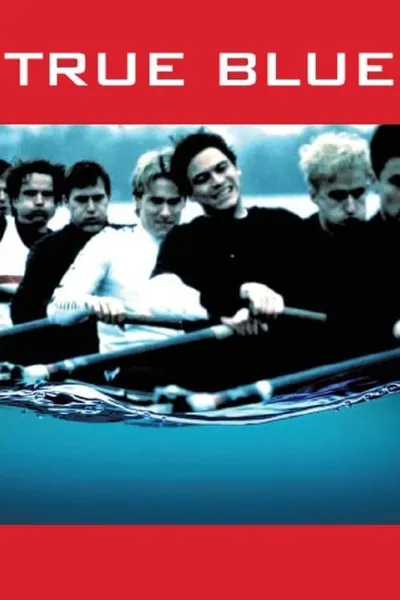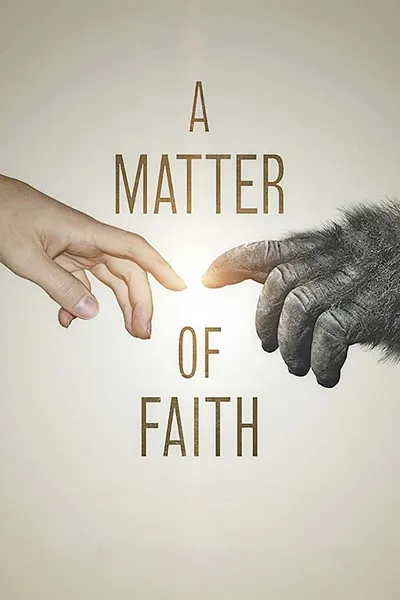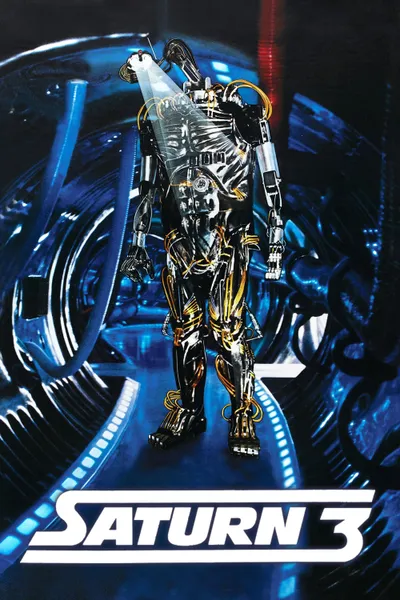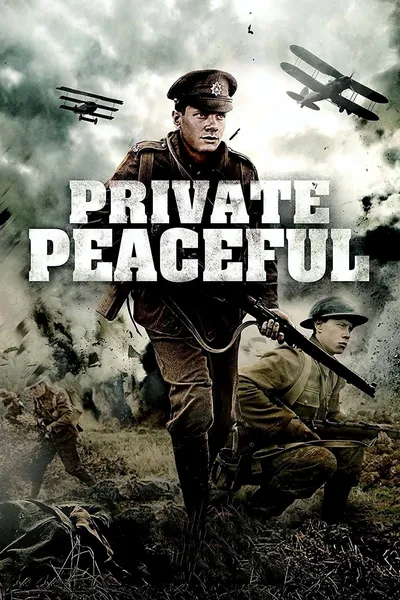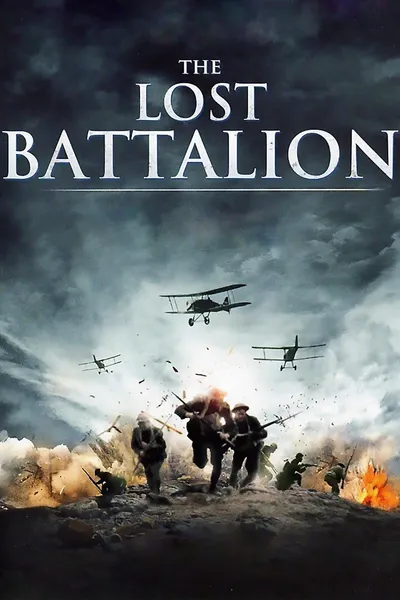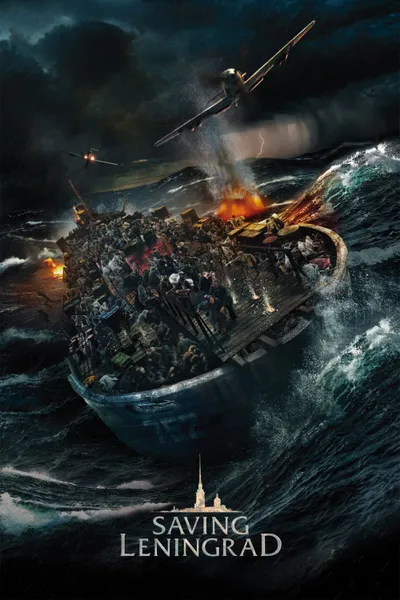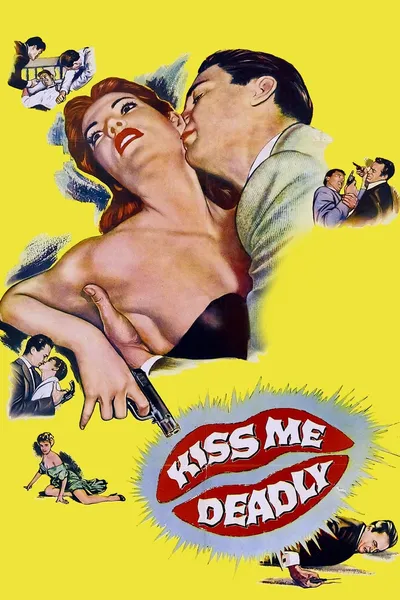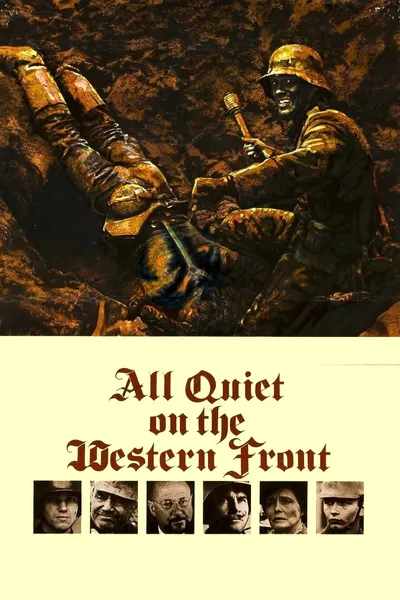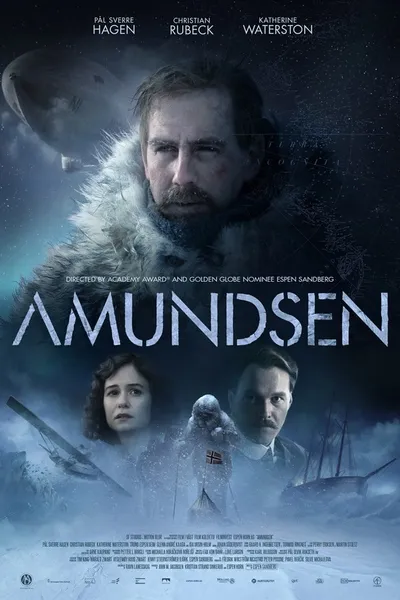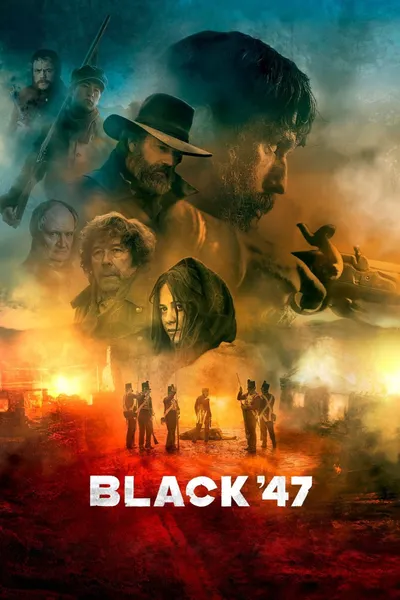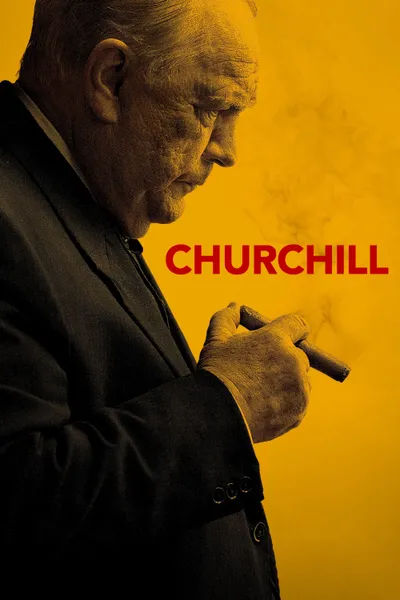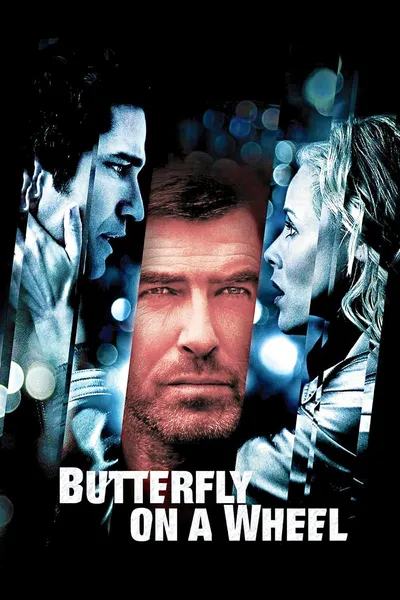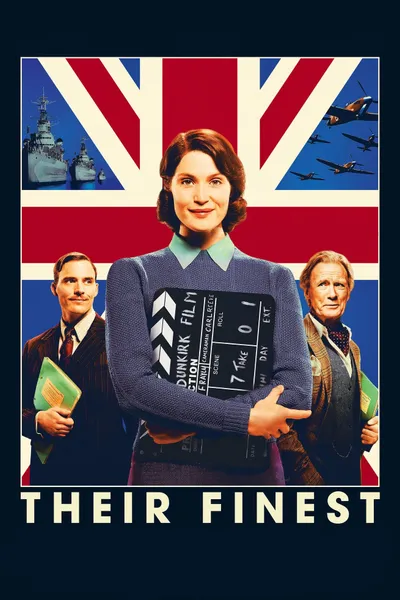Reviews


Peter McGinn
January 30, 20228.0
I wouldn’t have thought it was possible to make a movie that takes place mostly in a World War I trench and dugout could hold my attention as well as Journey’s End did. Except perhaps for the excesses of Captain Stanhope’s temper and demeanor, the ensemble cast does well with the realistic dialogue.
There is an element of an ominous Greek tragedy taking place, and a couple of developments I saw coming a mile off, but that didn’t detract from my appreciation of the story and how it was told. The knowledge of the attack that was due reminded me of Hitchcock’s comment that suspense wasn’t having a bomb explode in a movie; suspense was not knowing if it would explode. The attack when it came was almost an anticlimax.
It makes me interested in how this was handled as a play with the limitations of scenes on a stage. I see there are versions online, so I may check one of them out.

CinemaSerf
March 28, 20227.0
This isn't so much a war movie, as a movie about the impact of waiting! It features a strong and emotional performance from Sam Claflin ("Capt. Stanhope") as the borderline alcoholic who leads a platoon of squaddies in a trench in France in the Spring of 1918. They know a raid is coming - either by them, or from the opposing Bosch - but they don't know when, and so live in a heightened state of alertness and fear that challenges the wits of even the most robust of characters. The constancy of the peril has worn him down, however, and "Stanhope" is now not particularly robust - his mental fortitude is challenged above and beyond as he tries to motivate and manage the men under is command. The remainder of his outfit, including his deputy Paul Bethany ("Uncle") who tries his best to support his friend through the daily trauma as well as to inspire and support the other officers and men, and a very green Asa Butterfield ("Raleigh") try to hold things together as the inevitable tragedy looms larger by the hour. This is not an action film; indeed precious little warfare actually happens; it is much more of a poignant psychological, at times intimate evaluation of the unimaginable stress put on human beings by uncertainty, cold and apprehension; as well as of their determination, honesty and team spirit that hits home well when you are sitting in an armchair at home. Saul Dibb manages to build the tension well, and the insight into this trench warfare environment he delivers is genuinely touching. The sound could be better, though - it's difficult to hear the dialogue at times, but that's an incidental criticism of a well scored, good film.
Recommendation Movies
Traders2016
Cloudy With a Chance of Love2015
True Blue1996
A Matter of Faith2014
Saturn 31980
The Rise2012
Private Peaceful2012
Rosa's Wedding2020
The Lost Battalion2001
Iceman2017
Saving Leningrad2019
Kiss Me Deadly1955
All Quiet on the Western Front1979
Amundsen2019
Black '472018
Churchill2017
Butterfly on a Wheel2007
Their Finest2017
Bull Durham1988
© 2024 MoovieTime. All rights reserved.Made with Nuxt
